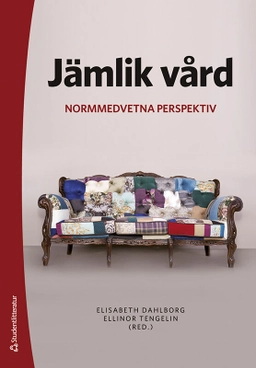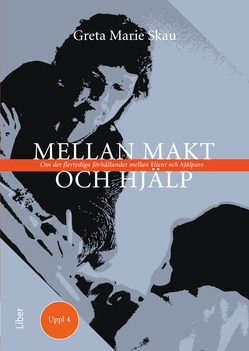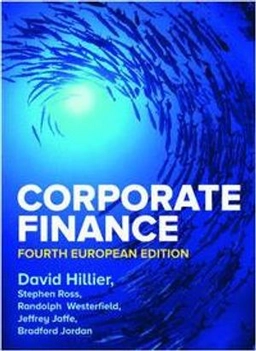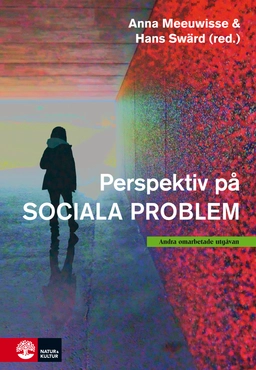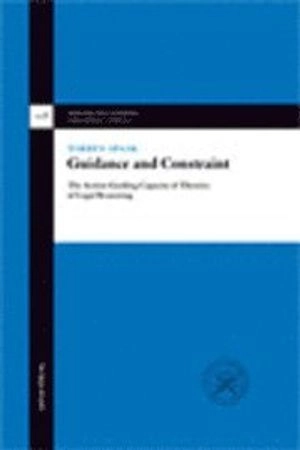

Guidance and constraint : the action-guiding capacity of theories of legal reasoningUpplaga 1
- Upplaga: 1a upplagan
- Utgiven: 2007
- ISBN: 9789176786642
- Sidor: 279 st
- Förlag: Iustus
- Format: Inbunden
- Språk: Engelska
Om boken
Åtkomstkoder och digitalt tilläggsmaterial garanteras inte med begagnade böcker
Mer om Guidance and constraint : the action-guiding capacity of theories of legal reasoning (2007)
I augusti 2007 släpptes boken Guidance and constraint : the action-guiding capacity of theories of legal reasoning skriven av Torben Spaak. Det är den 1a upplagan av kursboken. Den är skriven på engelska och består av 279 sidor djupgående information om juridik. Förlaget bakom boken är Iustus.
Köp boken Guidance and constraint : the action-guiding capacity of theories of legal reasoning på Studentapan och spara pengar.
Tillhör kategorierna
Referera till Guidance and constraint : the action-guiding capacity of theories of legal reasoning (Upplaga 1)
Harvard
Oxford
APA
Vancouver








